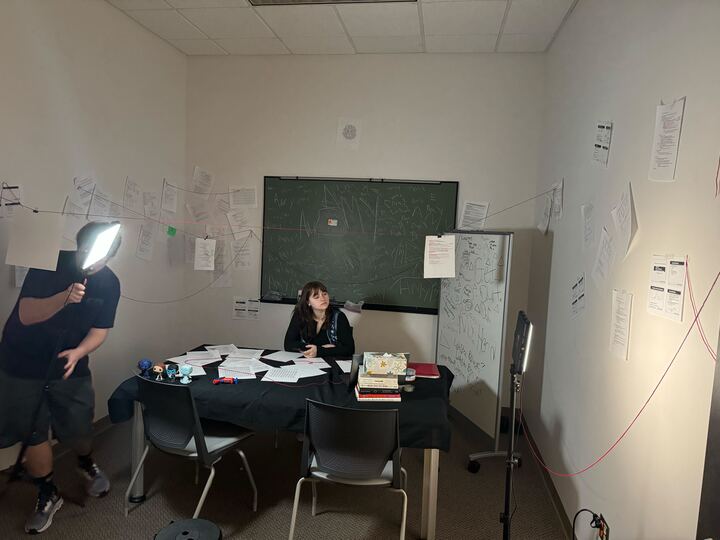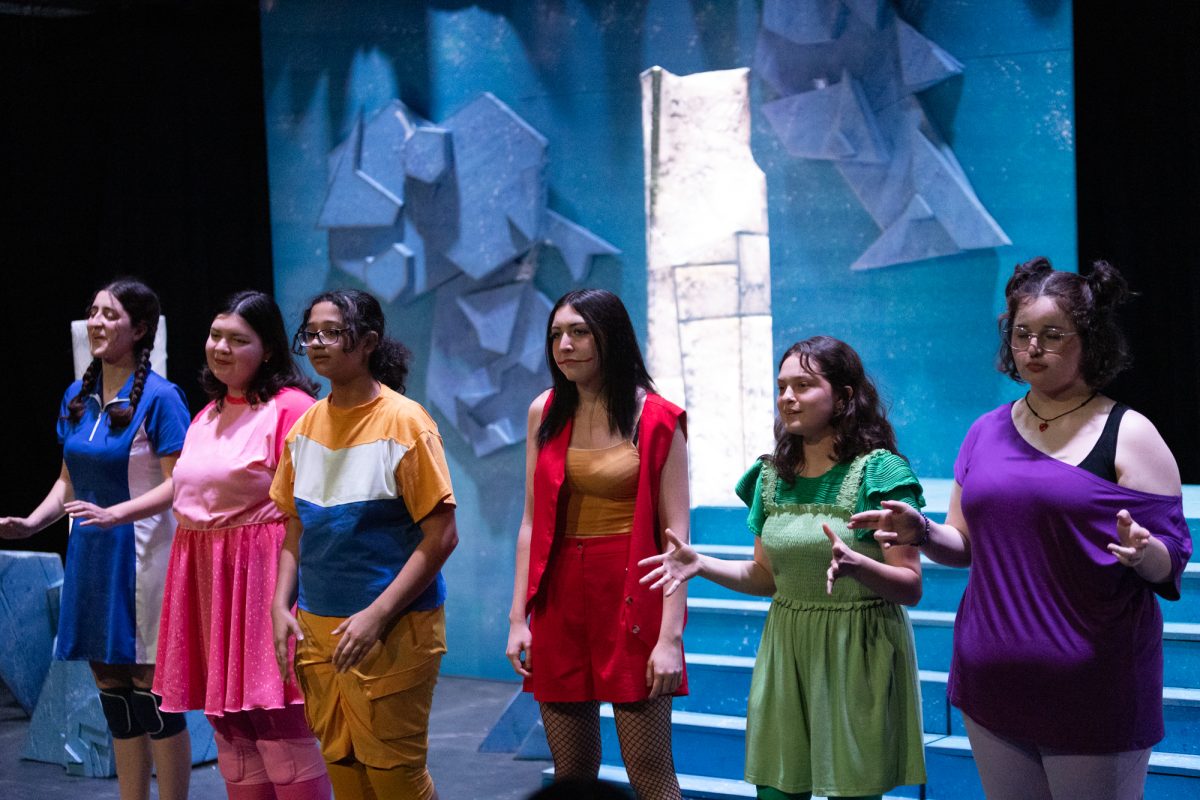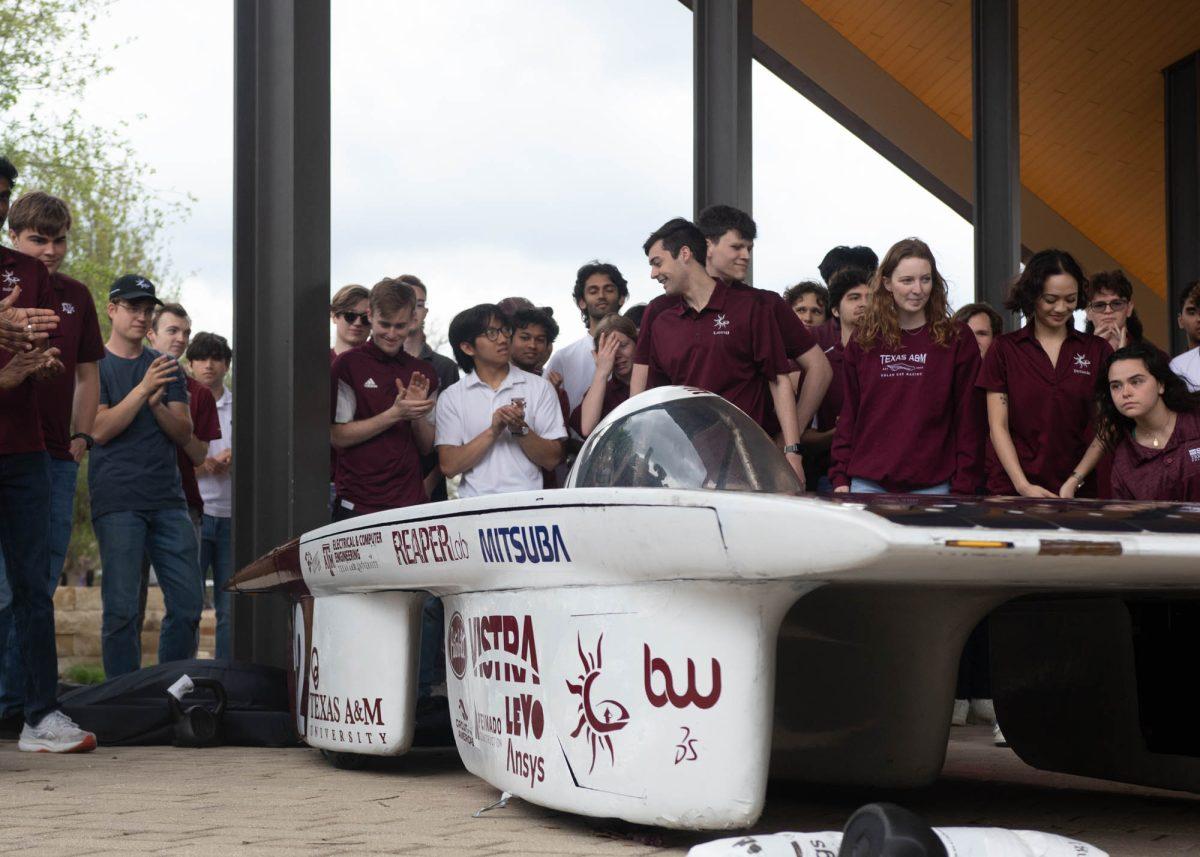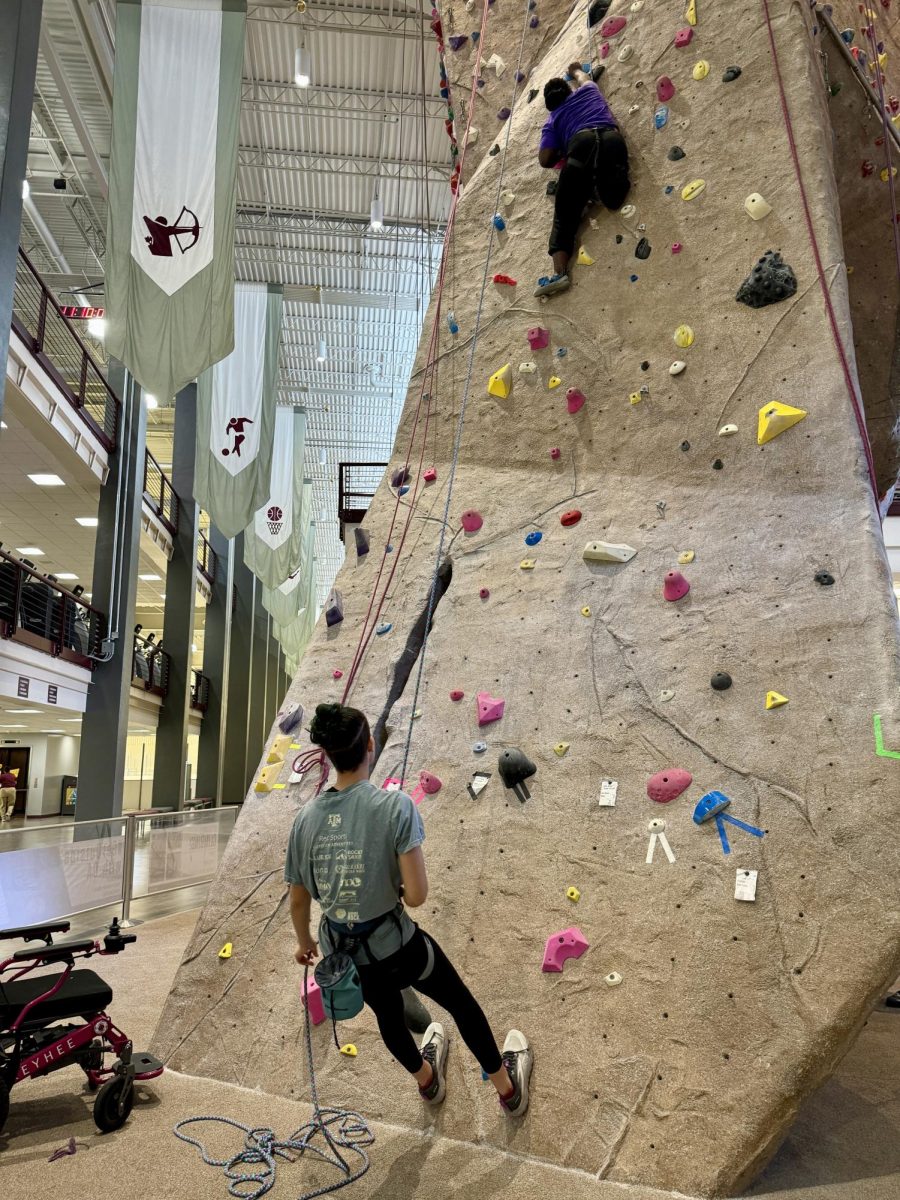A hot-button topic facing today’s youth — one out of every four American children will grow up illiterate according to the Reading Rainbow Kickstarter page, a campaign to combat child illiteracy that snowballed in support as soon as its announcement in May.
With 14 days to go, Reading Rainbow has exceeded its goal over $1 million. Its 81,500 backers have raised close to $4 million.
In a six-minute video pitch, LeVar Burton, lays out three concrete goals to combat the illiteracy problem.
“With the money pledged here we are going to do 3 things: develop a web-enabled Reading Rainbow for the home, create a classroom version with the tools our teachers need and subsidize the cost so that the schools most in need can use Reading Rainbow for free,” said Burton in his promo video.
Peyton Austin, senior environmental studies major, was a regular Reading Rainbow viewer as a child. He said he thought efforts like Burton’s were great for encouraging kids to continue reading, but even better for exposing new readers to the written word.
“I think it’s a good tool for kids who want to learn more about reading, and it’s also a good tool for those kids who don’t ever read and then see something on TV about it,” Austin said. “And I think by seeing something you like on there or seeing something enough, eventually you want to pick it up and start reading.”
Austin said Reading Rainbow helped open him up to a new life of ideas, and that without it, he may not have been exposed to certain subjects.
“I think it expanded my horizons,” Austin said. “I think it was more of a show to teach kids about other things, than say Sesame Street or Barney that were just teaching you about trying to love everybody and love everything.”
Austin said reading was important to him and even beyond basic education, it helps prepare individuals for real life.
“[Reading] helps with creativity,” Austin said. “You’re conceptualizing all these things in your mind, giving faces to these people and giving them backgrounds without really even thinking about it. It helps you become cultured, learning about other cultures, maybe seeing things through a lens that is somewhat impossible for you or at least not your normal way to see things.”
Sarah Ho, a doctoral student in agricultural leadership education and communication, said she sees promise in innovative ideas, especially because younger generations are often familiar with mobile technological platforms.
“You see in K-12 where lots of organizations have been giving schools the resources to help students in a variety of different ways so that they can learn critically, creatively, and be a little more strategic in their thinking,” Ho said.
Ho, who has done some research in the area of mobile platforms for educational use, said generally students are very receptive to these mobile technologies and there is an added benefit even of centralizing responsibilities for them.
“The students that participated in the study I think were more open to mobile technologies because they were at their disposal all the time,” Ho said. “It could be their smartphones or their tablets or even just laptops in general. I think also by having those [mobile] platforms it helps students integrate academic responsibilities with some of their other responsibilities to maybe emphasize that ‘Yes, I’m a student, but I’m also these other types of roles.’”
Ho said that ‘private’ curriculum development, like what Burton is doing with Reading Rainbow, is more common than not. She said the important thing to remember is that educators, not curriculum developers, are the ones actually in the classrooms.
“In K-12 it happens a lot. I mean there are a lot of different organizations and privately funded groups that are creating all kinds of curriculums, and some will sell them to school districts and others will just give them to school districts.” Ho said. “I think the important thing to keep in mind is that it [the choice of implementation] remain in the power of school districts and those professionals within that location who understand the needs of their students to decide whether or not to implement [the private curriculums]. I think that’s the key.”
Reading Rainbow writes a new chapter
June 15, 2014
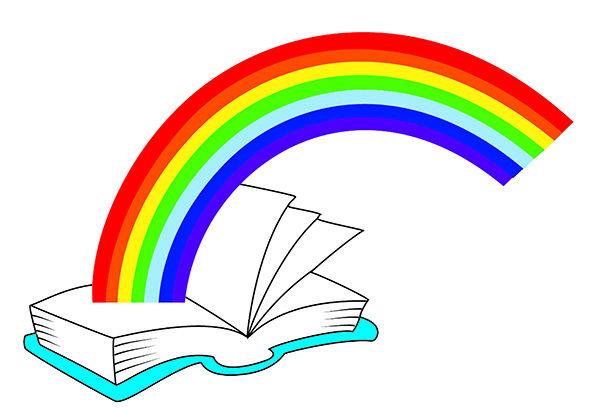
Graphic by Josh Seal
0
Donate to The Battalion
Your donation will support the student journalists of Texas A&M University - College Station. Your contribution will allow us to purchase equipment and cover our annual website hosting costs.
More to Discover



